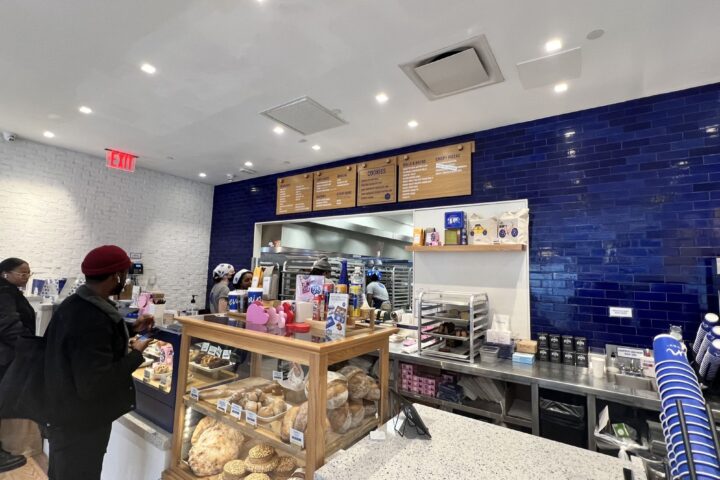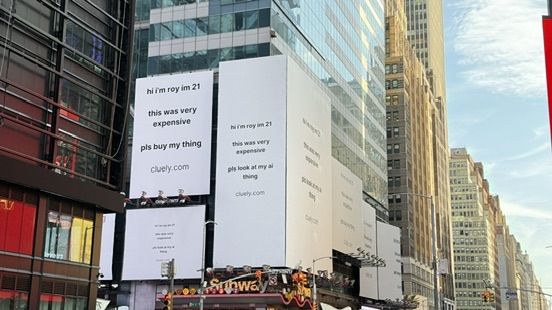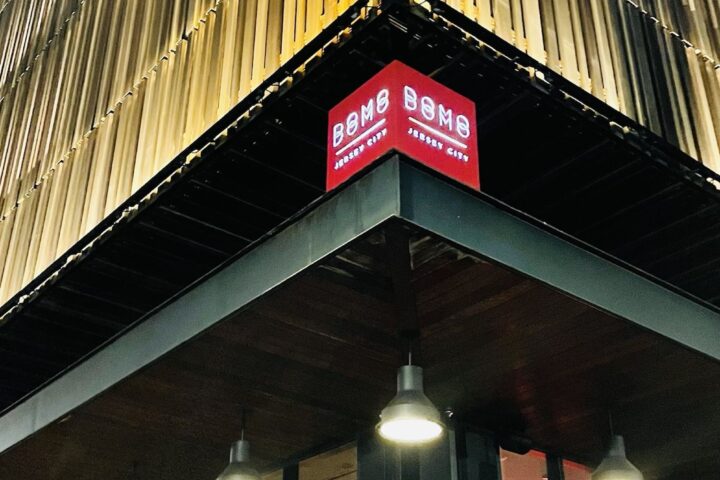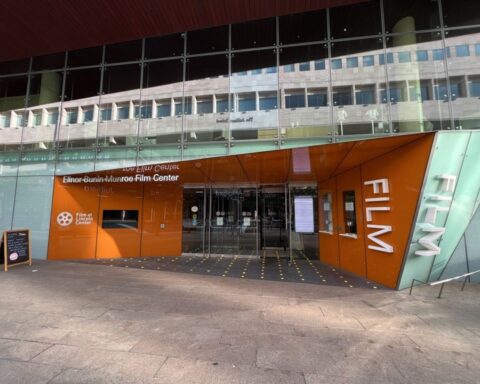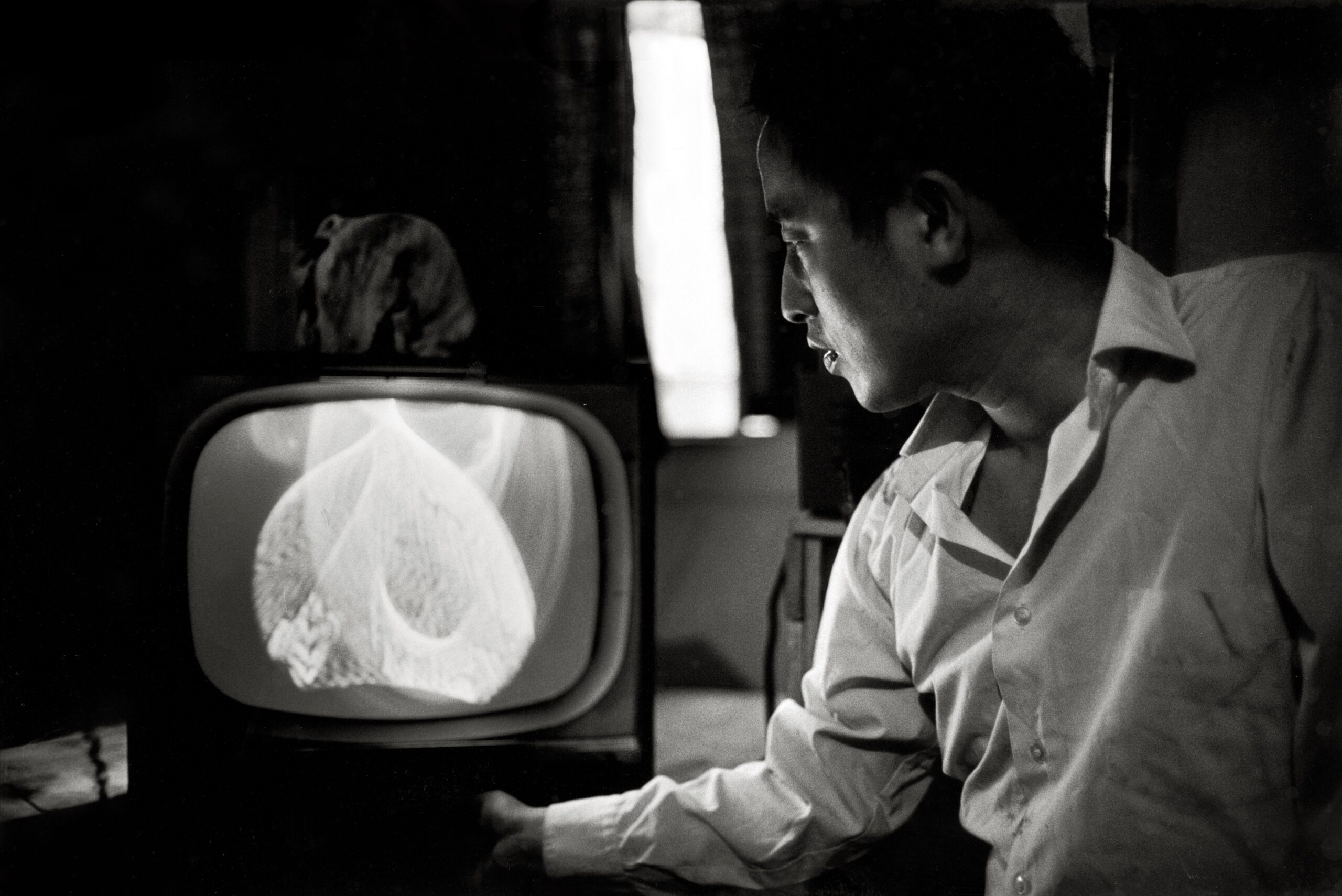In recent years, K-pop has evolved from a global cultural sensation into a prime destination for international capital. What began as fandom-driven entertainment is now a high-value industry attracting billions in investment from sovereign wealth funds, private equity giants, and multinational media conglomerates.
HYBE’s expansion—fueled by significant investments from Singapore’s GIC and U.S. equity firms—was only the beginning. Kakao Entertainment, home to artists like IVE and Zico, secured $930 million from the UAE-based Mubadala Investment Company and Singapore’s PWarp Investment Fund, setting a new benchmark for cross-border strategic financing in the entertainment sector.

CJ ENM, a leading Korean media and K-pop content producer, has also garnered increased attention from North American private equity firms and Middle Eastern cultural funds, which are interested in drama IP and global music distribution rights.
Beyond direct investments, foreign firms are increasingly forming joint ventures and acquiring content rights. Recently, the Thailand-based CP Group partnered with a mid-sized Korean entertainment label to co-develop Thai K-pop trainee programs, combining capital with cultural exchange.
The driving force behind this investment boom lies in K-pop’s unique, multi-layered monetization model, which encompasses music, merchandise, global tours, digital fan platforms, and now, Web3 integration. “Unlike Western music labels, K-pop companies operate like vertically integrated tech-content startups,” one investor noted.
In parallel, Korea’s major labels are aggressively positioning themselves as global players. SM Entertainment has scaled up overseas artist collaborations after receiving major capital backing, and JYP Entertainment is building new artist pipelines across Japan, the U.S., and Southeast Asia. These expansions align with global investors’ appetite for scalable, tech-savvy entertainment ecosystems.

Analysts estimate that foreign capital inflows to Korea’s entertainment sector have exceeded $4.5 billion over the last three years, with at least half targeting K-pop-related businesses.
However, concerns remain around cultural dilution and short-term profit motives. Some industry insiders emphasize the importance of “value-aligned partnerships” that respect the core of K-pop’s production culture and artistic integrity.
Still, the outlook remains bullish. With platforms like Weverse, Bubble, and Universe creating direct global consumer channels, and fandom-driven e-commerce growing at double-digit rates, K-pop is not just surviving the digital era—it’s defining it.
As one Seoul-based fund manager put it, “K-pop is no longer a soft power. It’s a hard asset in the global investment portfolio.”

